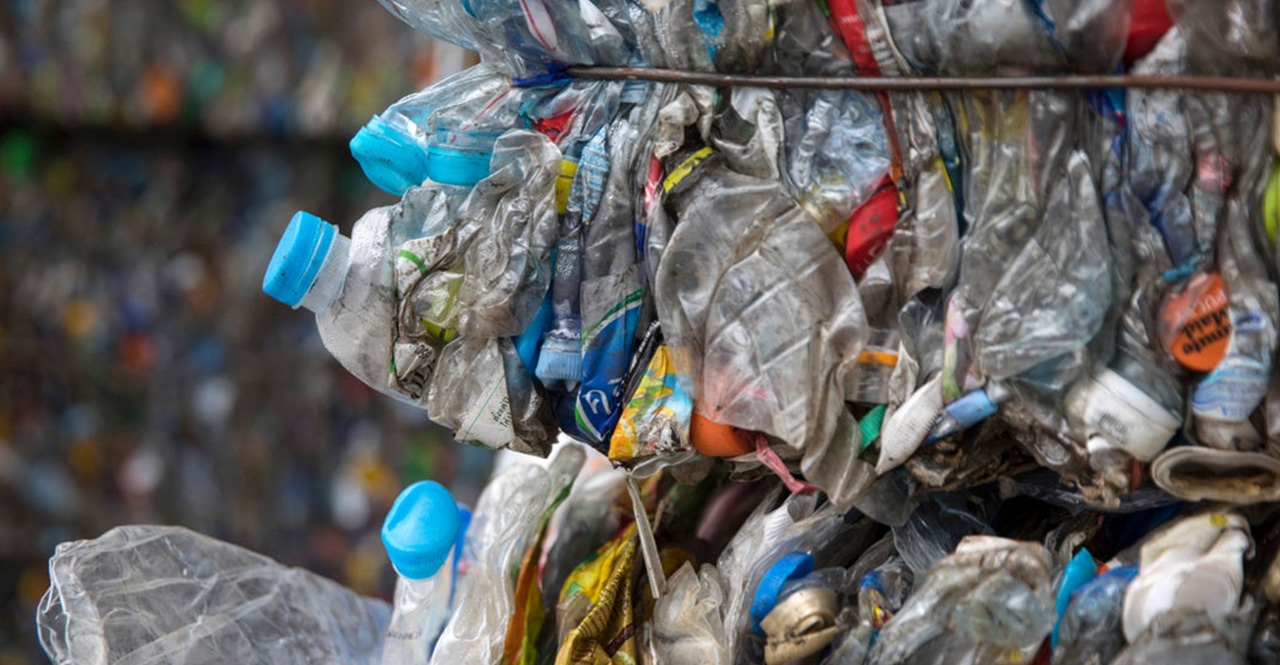Fostering Resource Performance and Environmental Management Through Fluid Waste Removal Programs
In the world of ecological stewardship, the monitoring of liquid waste stands as an important time where source efficiency and environmental protection converge. With a lens of positive interaction and critical insight, the landscape of fluid waste management unveils a tapestry of challenges and possibilities that beckon us to explore the path towards a greener and more sustainable future.
Importance of Liquid Waste Removal
The significance of liquid waste removal lies in its essential function in preserving environmental health and protecting public well-being. Liquid waste, if not appropriately handled, can position severe dangers to ecological communities, water resources, and human wellness. Via reliable elimination processes, dangerous materials such as pathogens, pollutants, and chemicals are prevented from contaminating the setting and triggering harmful effects.
Correct fluid waste removal also aids in stopping the spread of illness and decreasing the potential for groundwater contamination. By securely disposing of fluid waste, the risk of waterborne illnesses and pollution-related wellness problems is significantly decreased - Liquid waste removal. In addition, efficient removal practices add to keeping the general cleanliness and visual appeals of communities, consequently improving the lifestyle for locals
Furthermore, liquid waste elimination plays a vital function in sustaining sustainable advancement and guaranteeing conformity with environmental laws. By adhering to appropriate waste monitoring businesses, markets and methods can decrease their environmental impact and show company responsibility. Ultimately, investing in robust fluid waste elimination programs is crucial for promoting environmental stewardship and fostering a healthier, much safer future for all.

Advantages of Efficient Disposal
Reliable disposal of fluid waste not just safeguards ecological health and public wellness yet additionally generates countless advantages that expand beyond immediate control actions. With processes like recycling and power healing, important resources can be removed from fluid waste, promoting sustainability and reducing the pressure on raw materials. Overall, the advantages of effective liquid waste disposal are complex, including environmental defense, source efficiency, and financial advantages.
Technologies for Waste Therapy
Using sophisticated innovations for waste treatment plays an essential role in ensuring the reliable monitoring and risk-free disposal of liquid waste. One of the vital modern technologies utilized in liquid waste therapy is organic therapy. This technique utilizes microorganisms to damage down raw material in the waste, transforming it into harmless results. An additional typical technology is chemical therapy, where chemicals are contributed to the waste to reduce the effects of hazardous parts or speed up pollutants for removal. Physical therapy techniques, such as filtration and sedimentation, are additionally extensively utilized to divide solids from fluid waste.
Additionally, thermal treatment approaches such as incineration can be used for the complete devastation of hazardous components in liquid waste. Generally, the assimilation of varied therapy technologies ensures extensive and ecologically pleasant monitoring of fluid waste.
Duty of Rules and Compliance
In the world of fluid waste management, adherence to regulatory frameworks and compliance try this site standards is paramount for safeguarding environmental health and sustainability. Regulations play an important function in regulating the proper handling, treatment, and disposal of fluid waste to prevent injury to ecosystems and human wellness. By developing clear standards and over at this website requirements, regulative bodies guarantee that companies and individuals associated with fluid waste administration operate in an environmentally responsible fashion.
Conformity with these policies is not only a lawful demand however also a moral commitment to secure the atmosphere for future and current generations. It entails carrying out finest practices in waste collection, transport, disposal, and therapy to lessen ecological impact and advertise source effectiveness. Non-compliance can lead to fines, lawsuit, and reputational damages for organizations, highlighting the value of maintaining regulatory standards.

Future Patterns in Waste Management

Another essential trend in waste management is the fostering of innovative information analytics and expert system to enhance waste collection routes, improve arranging procedures, and boost general operational efficiency. These technologies enable waste monitoring firms to make data-driven choices, resulting in cost financial savings and ecological advantages.
Moreover, there is a growing emphasis on the development of decentralized waste monitoring systems, such as onsite therapy centers and mobile waste processing units. These systems supply adaptability and scalability, permitting for a lot more effective waste handling in diverse settings.
Final Thought
In final thought, fostering straight from the source source effectiveness and environmental defense with liquid waste elimination programs is important for sustainable development. Reliable disposal techniques, progressed modern technologies for waste treatment, and rigorous guidelines play essential roles in lessening environmental influence. Looking ahead, continual innovation and renovation in waste monitoring methods will be essential for resolving the growing obstacles of fluid waste disposal.
In the realm of environmental stewardship, the administration of liquid waste stands as a critical point where source efficiency and ecological defense converge (Reclaim Waste liquid waste removal).Making use of advanced innovations for waste therapy plays an essential function in ensuring the effective administration and secure disposal of liquid waste.In the realm of liquid waste monitoring, adherence to governing frameworks and compliance requirements is extremely important for safeguarding environmental health and wellness and sustainability.In verdict, cultivating resource efficiency and environmental security with fluid waste elimination programs is critical for lasting development. Looking ahead, continuous development and enhancement in waste monitoring techniques will certainly be essential for addressing the growing challenges of liquid waste disposal